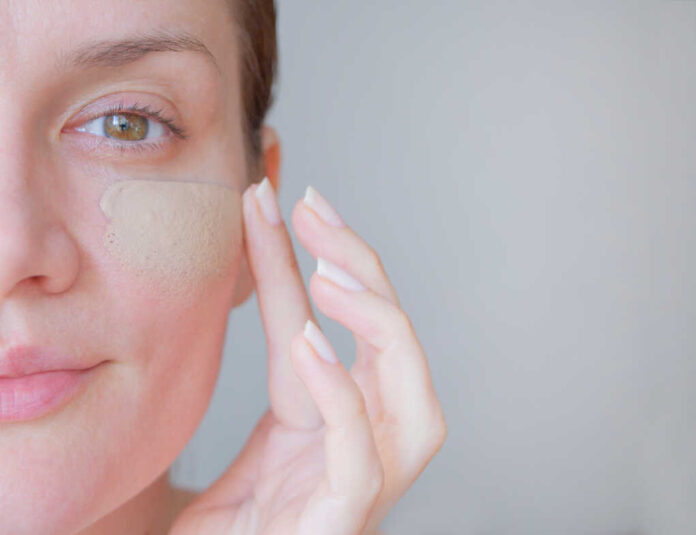
While Americans spend billions on unregulated collagen supplements with modest scientific backing, natural methods to restore skin firmness may offer safer, more reliable results.
Story Overview
- Collagen supplements show only modest improvements in skin hydration after 8+ weeks, with most research industry-funded
- Natural collagen restoration methods avoid contamination risks and regulatory gaps plaguing the supplement market
- Harvard and Cleveland Clinic experts emphasize need for independent research before trusting supplement claims
- Evidence-based approaches focus on protecting existing collagen rather than relying on questionable oral supplements
The Collagen Marketing Machine Versus Medical Reality
Americans face a flood of collagen supplement marketing promising miraculous skin transformation, yet scientific evidence reveals a different story. Recent meta-analyses show oral collagen supplements produce only modest improvements in skin hydration and elasticity after eight weeks of consistent use. More concerning, most supporting research comes from industry-funded studies, raising serious questions about bias and reliability. Harvard Health and Cleveland Clinic experts warn against overblown claims, emphasizing the lack of standardization and potential contamination risks in these unregulated products.
Are collagen supplements completely useless?
This is what this meta-analysis study seems to conclude. Food gurus lose again. I love winning. https://t.co/R5Ac1AWCQk𝗧𝗵𝗲 𝗰𝗼𝗹𝗹𝗮𝗴𝗲𝗻 𝘀𝘂𝗽𝗽𝗹𝗲𝗺𝗲𝗻𝘁 𝗶𝗻𝗱𝘂𝘀𝘁𝗿𝘆 𝗷𝘂𝘀𝘁 𝗵𝗮𝗱 𝗮 𝘃𝗲𝗿𝘆 𝗯𝗮𝗱 𝗱𝗮𝘆.
— ☣️ Pleb Kruse = BTC foundationalist in exile 🟩🔆 (@DrJackKruse) July 10, 2025
Natural Collagen Protection Strategies That Actually Work
Rather than gambling on supplements, dermatologists recommend proven methods to protect and stimulate natural collagen production. Sun protection remains the most critical factor, as UV damage accelerates collagen breakdown more than any other environmental factor. Vitamin C-rich foods and topical applications support collagen synthesis, while retinoids proven through decades of research stimulate natural collagen production. These approaches address the root causes of collagen loss without the regulatory uncertainties and contamination risks associated with oral supplements.
Regulatory Gaps Leave Consumers Vulnerable
The supplement industry operates under dangerously lax oversight compared to pharmaceuticals, with the FDA unable to pre-approve products for safety or efficacy. Harvard’s School of Public Health highlights recurring concerns about heavy metal contamination in collagen products, yet manufacturers face minimal accountability. This regulatory vacuum allows companies to make bold claims while consumers bear the financial and health risks. The lack of standardization means product quality varies wildly between brands, making informed choices nearly impossible.
Evidence-Based Alternatives to Supplement Dependency
Medical professionals increasingly recommend focusing on lifestyle factors that preserve existing collagen rather than supplementing with questionable products. Adequate protein intake provides the amino acids necessary for natural collagen synthesis without relying on processed supplements. Regular exercise, particularly resistance training, stimulates collagen production throughout the body. Avoiding smoking, excessive alcohol, and processed foods prevents accelerated collagen degradation. These natural approaches offer long-term benefits without the financial burden and uncertainty of supplement regimens.
The collagen supplement industry profits from consumer desperation about aging while delivering minimal, uncertain benefits. Smart Americans can achieve better results through proven natural methods that protect their health, wallet, and constitutional right to make informed choices free from corporate manipulation disguised as health advice.
Sources:
Collagen Supplementation for Skin Health: A Systematic Review and Meta-Analysis
Effects of Hydrolyzed Collagen Supplementation on Skin Aging
Considering Collagen Drinks and Supplements – Harvard Health
Collagen – Harvard T.H. Chan School of Public Health
Collagen – Cleveland Clinic


















